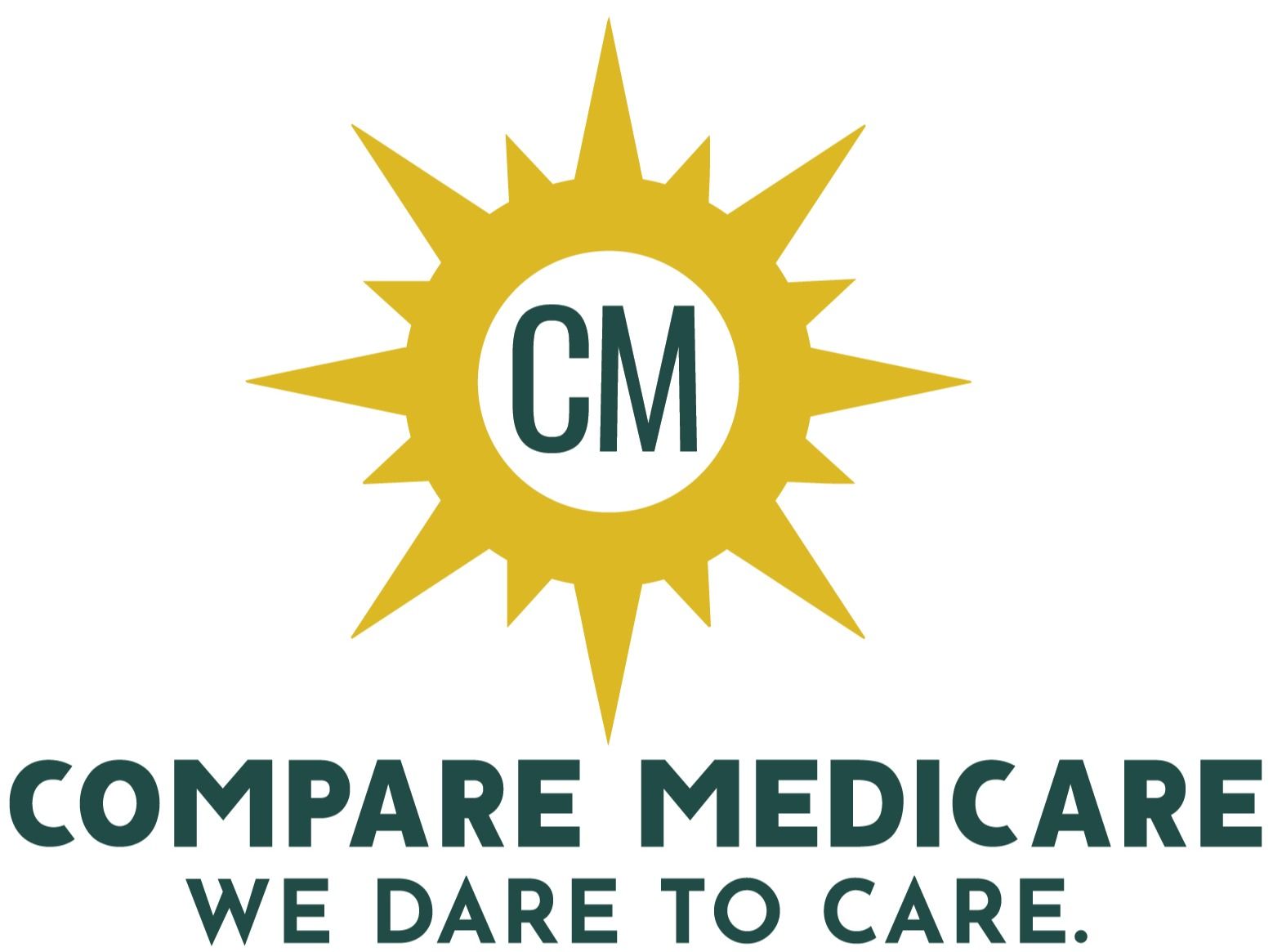Nearing 65: Key Medicare Considerations You Need to Know
Jul 08 2025 17:00
Understand Your Enrollment Period
Turning 65 is a significant milestone, especially when it comes to Medicare. One of the most crucial aspects to consider is your Initial Enrollment Period (IEP), which is your first chance to sign up for Medicare. This period lasts seven months, starting three months before the month you turn 65 and ending three months after. Enrolling during this time is essential to avoid late enrollment penalties and to ensure timely coverage.
Explore Your Medicare Options
Medicare is not a one-size-fits-all program. You have several choices, including Original Medicare (Part A and Part B) and Medicare Advantage Plans (Part C). Part A covers hospital insurance, while Part B covers medical insurance. Medicare Advantage Plans are an all-in-one alternative to Original Medicare, offering additional benefits like vision, hearing, and dental. It’s important to compare these options to determine which suits your medical needs and financial situation best.
Evaluate Supplemental Coverage
Medicare doesn't cover all healthcare costs. Many new enrollees consider Medigap, supplemental insurance that helps pay for out-of-pocket costs not covered by Original Medicare, such as copayments, coinsurance, and deductibles. Alternatively, you might consider a Medicare Advantage Plan, which often includes additional benefits beyond those of Medigap. Evaluate your healthcare needs and financial situation to choose the best supplemental plan for you.
Check Your Current Healthcare Providers
Before choosing a plan, check if your preferred doctors and hospitals accept it. Some Medicare Advantage Plans have networks that restrict you to certain providers. Ensuring that your healthcare providers are covered by the plan you choose can save you considerable time and money down the road.
Budget for Out-of-Pocket Costs
While Medicare offers substantial coverage, some costs fall on the patient's shoulders. Medicare Part B requires a monthly premium, and both Original Medicare and Medicare Advantage may have copayments and deductibles. Planning ahead for these expenses can prevent financial surprises and allow you to maintain your financial health alongside your physical well-being.
Planning for Medicare as you approach 65 can seem complex, but by understanding your options and preparing ahead of time, you can navigate these changes with confidence and ease.

